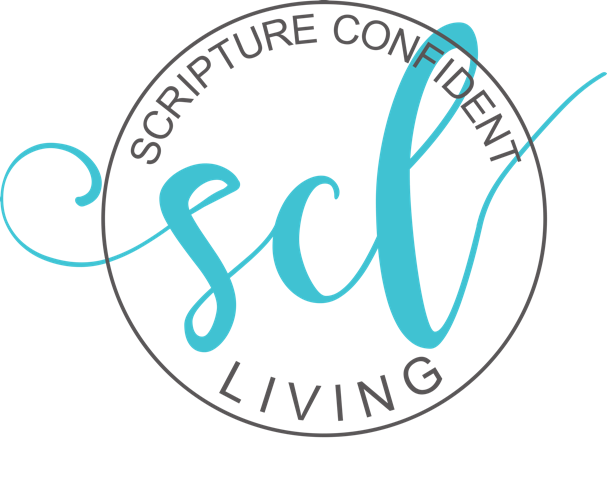I want to study the Bible, but I don’t know where to start.
Have you ever felt a deep desire to study the Bible, but found yourself overwhelmed and unsure about where to begin? You're not alone. Many of us have experienced that same longing to delve into God's Word, only to be met with uncertainty and confusion. But fear not!
In this article, I want to reassure you that finding your starting point is not as daunting as it seems. Together, we'll explore some essential insights, basic reading tips, and various starting points to help you embark on an enriching journey of studying the Bible.
Understanding the Bible
Before diving into the specifics, let's touch on a few key things you should know about the Bible. First and foremost, it's important to recognize that the Bible is not a single book but a collection of 66 books, divided into the Old Testament and the New Testament. Each book has its unique style, purpose, and context. This diversity adds depth and richness to the overall narrative of God's redemptive plan for humanity.
If you're looking for a comprehensive resource that traces the Bible's storyline through its 66 books, check out the article "Tracing the Bible's Storyline through 66 Books." It will provide you with a solid understanding of the overarching narrative woven throughout the Scriptures.
Navigating the Bible
Finding your way around the Bible may seem overwhelming at first, but it becomes easier with practice. The Bible is divided into chapters and verses, which aid in locating specific passages. Additionally, the books are grouped into sections such as the Pentateuch (the first five books), historical books, wisdom literature, the prophets, the Gospels, the Epistles, and more. Familiarizing yourself with these sections can provide a helpful framework as you explore the Scriptures.
Your Bible likely has a table of contents in the front, which would allow you to look up page numbers for each book of the Bible. However, I recommend thumbing through the Bible to find the book you are looking to study. Over time, finding the book will become quicker and easier.
Basic Bible Reading Tips
As you begin your Bible study journey, here are a few fundamental tips to enhance your reading experience:
Pray for Guidance: Before opening the Bible, seek God's wisdom and ask the Holy Spirit to illuminate your understanding. Approach your study with a humble and receptive heart.
Read with Purpose: Determine the reason for your study. Are you seeking wisdom, comfort, guidance, or knowledge? Having a clear objective will help you stay focused and engaged.
Take Notes: Keep a journal or notebook handy to jot down insights, questions, and reflections as you read. Writing things down helps solidify your understanding and allows for future reference.
Embrace Context: Pay attention to the historical and cultural context of the passages you encounter. Understanding the background can provide valuable insights into the author's intended message.
Utilize Study Resources: There are various study aids available, such as concordances, commentaries, and study Bibles, that can provide deeper insights into the text. Use these resources as supplemental tools to enhance your understanding.
Where to Start Reading
Now that we've covered some foundational aspects, let's explore a few possible starting points for your Bible study journey:
Start Anywhere You Like: The beauty of the Bible is that you can begin reading from any book that piques your interest. You might choose to start with a Gospel, a letter from Paul, or even a book of poetry like Psalms.
Explore Proverbs: Consider reading a chapter of Proverbs each day. With 31 chapters, you can align your daily reading with the calendar, allowing the wisdom of Proverbs to shape your thoughts and actions throughout the month.
Begin with Genesis 1: Embark on a journey through the Bible's storyline by starting at the beginning. Genesis 1 introduces us to the creation narrative, setting the stage for God's unfolding plan.
Discover Jesus in John: If you desire to learn about the life and teachings of Jesus, starting with the Gospel of John is a great choice.
Studying the Bible is a journey that requires patience, curiosity, and a genuine hunger for truth. Trust in God's leading, and allow the Holy Spirit to guide you as you navigate the Scriptures.
So, take that first step, dive into the Word of God, and let its wisdom and truth transform your life. May your journey of studying the Bible be filled with discovery, growth, and a deepening relationship with God.

